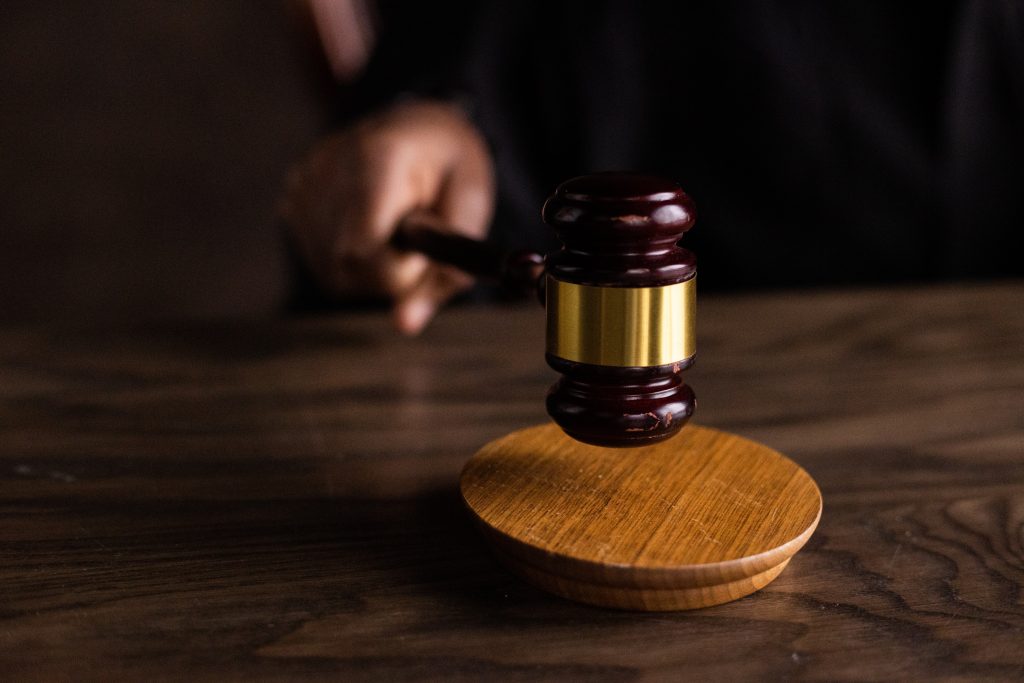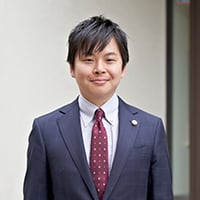Section 4: Facts about the Japanese Legal System
Section 1 : “Are you talking to the Right Lawyer?”
Section 2 : “Before your first legal consultation”
Section 3 : “Let’s talk about the fees”
Q:How much time can I expect this process to take?
A: The answer is as you’d expect: it depends.
According to the available statistics relating to the Japanese court system, in 2018 the average duration for a first hearing at a district court took 9 months, and the time it took for a verdict to be delivered (excluding default judgments) was 13.2 months. If through mediation a settlement between parties can be reached this will reduce the time required, but more complex cases can take more time to reach a conclusion. Moreover, any appeal of a ruling to a higher court can stretch out the time required for a verdict to be reached to 2 or 3 years.
Q:Can I request that my legal fees are covered by my opponent?
A: The answer is no, but there are exceptions. As a rule, the Japanese legal system does not allow for the victor in a suit to claim their legal expenses from their opponent. Win or lose, you pay your own legal fees.
Having said that, one exception would be in the event that a suit for damages is brought against a party that has acted illegally, and someone has to retain the services of an attorney in order to pursue the lawsuit and is ultimately awarded the verdict in court. Typical illegal acts that – if proven in a court of law – would result in an award for damages would be traffic accidents, extramarital affairs, defamation/slander, etc.
For disputes between corporations regarding issues with trade, usually agreements between corporations state explicitly that legal fees may not be claimed from the other party as part of any lawsuit for damages.
In the event that legal fees are claimed and the claim is recognized, these claims are usually in the region of 10% of the total award for damages – though this can change depending on the case in point. As these matters are not clearly stated in the standards for Engagement Agreements, in actuality the legal costs may run to more or less than the 10% of the total award for damages.
Q:Is there such a thing as legal insurance in Japan?
A: In recent years there have been a small variety of insurance products aimed at the Japanese market that cover legal fees in the event of someone needing to consult with or retain an attorney to resolve some legal issue. But these policies are still far from widespread. The most common form of legal insurance in Japan is as an option offered as part of automobile insurance. According to the insurance companies, the take up rate for this option is around 50%.
The legal fees rider bundled with automobile insurance is to be used when and if the policy holder needs to consult with an attorney to negotiate the proportion of blame for an auto accident involving injury to a person and/or damage to property, as well as any damages claimed therein. Using this rider would mean, in most cases, that the policy holder could consult with an attorney and not have to pay for it out of his/her own pocket.
There are some forms of automobile insurance that will automatically add a legal fees rider. In the event that you are involved in a traffic accident, make sure to carefully check the details of your insurance policy.
At the Yamamura Law Office, we accept payment coverage via legal fee riders from all insurance companies.
Q: I don’t speak Japanese, do I still have to attend court?
A: Yes you do. However, from a legal standpoint, all proceedings in a Japanese court will be held in the Japanese language (Courts of Law Act, Article 74). If you are the claimant, you will be asked to attend court on a specific date, and if you are being represented by an attorney that speaks your language, he/she can explain to you all of the procedures, as well as serving as an interpreter for you should there be an aspect of your case that you wish to emphasize.
However, in the event that you are to be examined as a witness, your attorney is not permitted to interpret for you. In those cases the court will appoint an interpreter.


